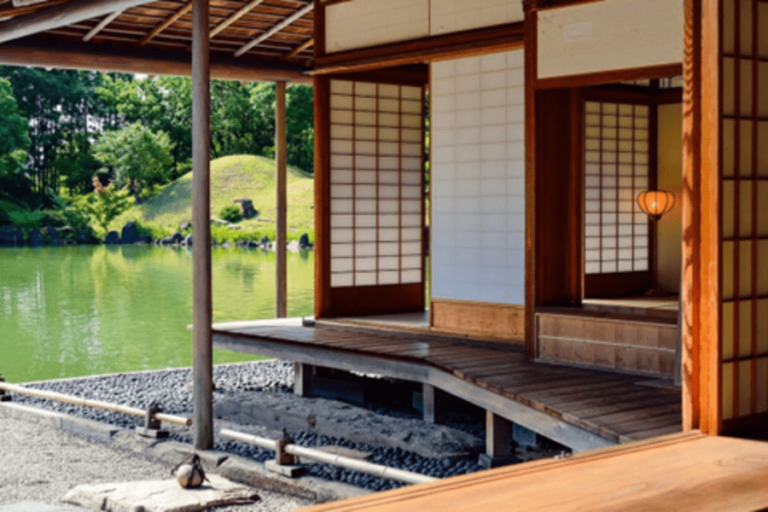In the intricate tapestry of global business, understanding and adhering to cultural etiquette is paramount. Nowhere is this more evident than in Japan, where business etiquette is deeply rooted in tradition and societal norms. In this article, we explore the nuances of Japanese business etiquette, offering insights that can pave the way for successful business interactions and collaborations.
Mastering the Art of Bowing:
In Japan, bowing is a fundamental aspect of social interaction and business etiquette. The depth and duration of the bow convey the level of respect and formality. When meeting someone for the first time or in a business setting, a slight bow is appropriate. Return the bow as a sign of acknowledgment and respect.
Exchanging Business Cards with Grace:
The exchange of business cards, or “meishi,” is a formal ritual in Japanese business culture. When presenting your card, use both hands and ensure the text faces the recipient. Receive their card with both hands, study it briefly, and express gratitude. The careful handling of business cards signifies respect for the person and their position.
Navigating Communication Styles:
Japanese communication tends to be indirect and relies heavily on non-verbal cues. Pay attention to body language, facial expressions, and tone. Avoid confrontation and express disagreements diplomatically. Silence is often a part of Japanese communication, and it’s essential to read between the lines to understand the nuances of a conversation.
Dress Conservatively and Professionally:
The Japanese value a conservative and professional appearance in business settings. Men typically wear dark suits with subdued ties, while women opt for conservative business attire. Dressing appropriately not only demonstrates respect for the business environment but also contributes to a positive first impression.
Understanding Hierarchical Structures:
Japanese businesses are structured hierarchically, and respect for authority is crucial. Address individuals by their titles and use appropriate honorifics. When entering a meeting room, the most senior person typically sits first, and it’s customary to follow this order. Maintain a level of formality in your interactions, especially with superiors.
Mastering the Art of Gift-Giving:
Gift-giving is a common practice in Japan and is a way to express gratitude and build relationships. When presenting a gift, do so with both hands and express the sentiment behind the gift. Gifts are often reciprocated, and it’s essential to receive them graciously.
Punctuality and Time Management:
Punctuality is highly valued in Japanese business culture. Arriving on time for meetings and appointments is a sign of respect for others’ schedules. Plan your schedule meticulously to ensure promptness, and if you anticipate being late, communicate it in advance.
Respecting Personal Space:
Japanese society places a significant emphasis on personal space. Avoid physical contact, and be mindful of the appropriate distance when engaging in conversations. A respectful and reserved demeanor contributes to a positive professional impression.
Conclusion:
Mastering Japanese business etiquette is not merely a formality; it’s a key that unlocks doors to successful collaborations and relationships. By embracing the traditions and social norms woven into Japanese business culture, you demonstrate a commitment to understanding and respecting your counterparts. Navigating the delicate nuances of Japanese etiquette can foster trust, open doors for future opportunities, and lay the foundation for fruitful business relationships in this dynamic and culturally rich environment.






